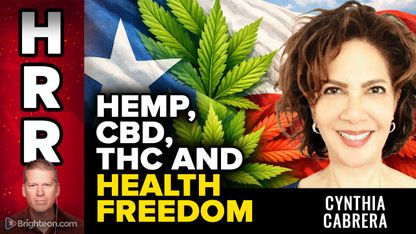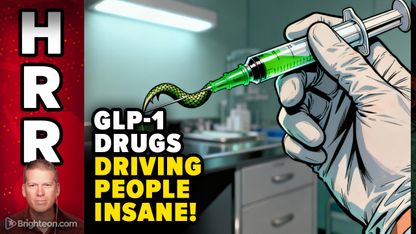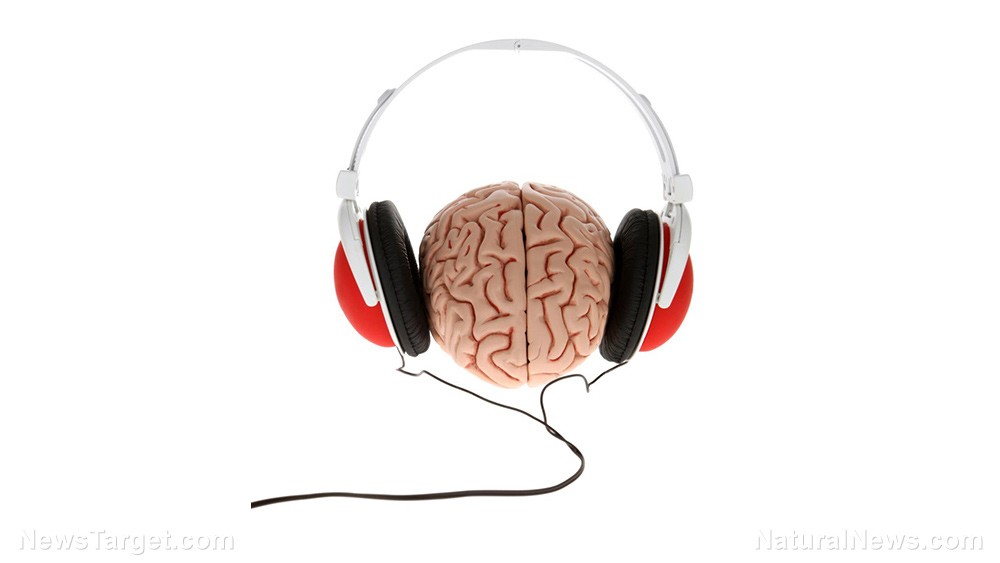
That's what clinical psychologist Michael Breus suggests in his article for Psychology Today, where he discussed the link between sugar and the brain and how their interaction can affect sleep quality and intensify your cravings for sweets.
How a high-sugar diet affects sleep quality
Breus, a fellow at the American Academy of Sleep Medicine, has had many patients who slept better since they started "eating clean," or following a diet that emphasizes consuming whole, unprocessed foods.
"One of the most potent, underrated benefits of eating well, especially when paired with exercise? A big boost in sleep," said Breus.
A lot of studies also show that eating more sugar is linked to poor sleep quality. In a 2016 study, for example, researchers found that eating more sugar is associated with more restless, fitful sleep. They arrived at this finding after placing two groups of participants in either a healthy, controlled diet or a diet where they could eat whatever they want.
The volunteers in the second diet consumed significantly more sugar and fat and spent less time in deep, slow-wave sleep, which is important for the body's physical restoration and healing, as well as for maintaining healthy metabolism and immune function. Additionally, those who ate more sugar took longer to fall asleep and woke up more frequently throughout the night.
British dietitian Alex Evans, who was not part of the study, explained how sugar ruins your sleep.
"Eating sugar late at night overstimulates you. It gives you energy and makes you ready for activity, but that is not what we’re trying to do at night. We’re designed to shut down towards the end of the day," he told the Guardian.
Breus also said that some sugar treats contain caffeine, the compound commonly found in pick-me-up drinks like coffee that helps keep drinkers stay awake and alert.
"Ever snacked on some dark chocolate and had a fitful night of sleep follow? That’s a one-two combination of sugar and caffeine interfering with your rest," he said.
Overconsumption of sweets worsens sugar cravings
Eating more sweets can also make you more addicted to sugar. Breus explained that sugar activates your brain's reward center and a complex network of hormones that regulate hunger and metabolism. In fact, according to Breus, sugar is such a powerful trigger that the mere sight of a sweet treat is enough to stimulate your reward center.
When you eat or see sugar, Breus continued, your brain releases the hormone dopamine, which delivers a pleasurable high – also called a "dopamine rush." However, eating more sugar can make your brain less sensitive to this high. You would have to produce more dopamine for you to experience these feelings of euphoria, which, in turn, translates into a need to eat more sugar.
If that sounds a bit like an addiction, that's because the dopamine-activated reward pathways affected by sugar are the same ones stimulated by drugs, alcohol and other triggers like gambling and sex, says Breus. In fact, researchers have long been deliberating whether sugar addiction constitutes a clinical disorder. (Related: Sugar junkie? Study suggests excessive sugar intake is similar to drug addiction.)
The effects of eating a sugar-rich diet are also interlinked with – and even reinforce – each other. Breus explained that an appetite distorted by the overconsumption of sweets can lead to late-night eating that will disrupt your sleep. Poor quality sleep, in turn, can make your sweet cravings worse by interfering with the normal production of hormones that regulate appetite.
The takeaway? Reduce your sugar intake and eat a high-fiber diet that emphasizes whole, unprocessed foods to help you sleep better and resist the temptation of sweet treats.
Learn more about the benefits of eating clean at Fasting.news.
Sources include:
Please contact us for more information.























